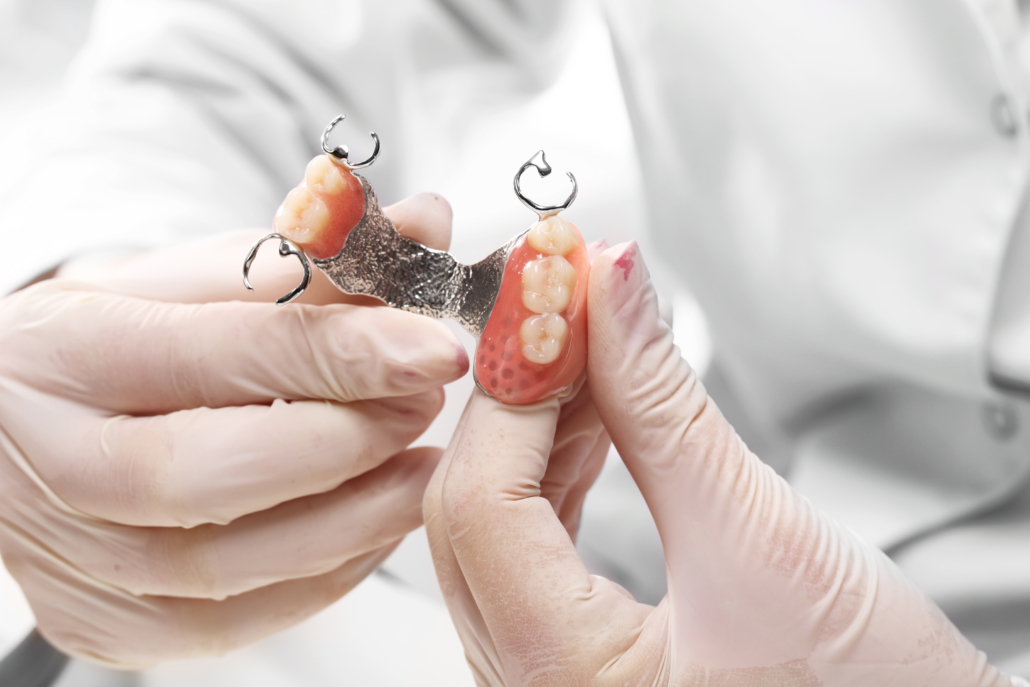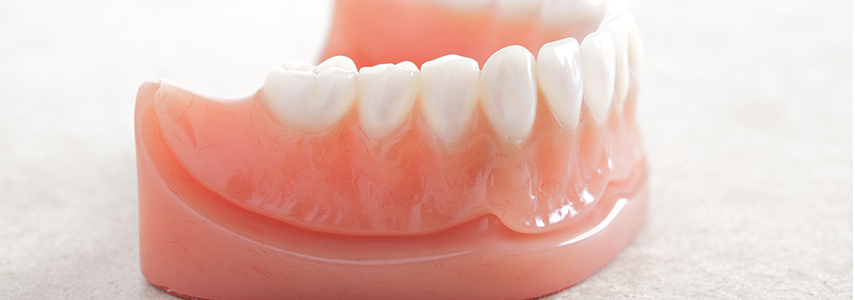One of the drawbacks of removable prostheses compared to implantology is the mobility of the denture, to overcome this problem many patients use the adhesive paste for dentures.
Denture adhesive: what you need to know
Patients who have removable dentures use denture adhesive paste practically every day. The function of the adhesive for dentures is to increase the stability of the removable prosthesis and guarantee the patient a greater seal of the dentures to avoid discomfort during chewing and beyond.

The adhesive paste for dentures is mainly composed of three components:
- chemical component that promotes adhesion;
- antibacterial and antimicrobial component;
- filler components.
The daily use of adhesive paste can have repercussions on the cells of the oral mucosa, precisely because the contact is constant and continuous. So far, little research has been devoted to what could be the side effects of adhesive products for removable dentures; in a recent study published in the Journal of Prosthodontic we tried to give evidence of the toxicity of some components present in the adhesive pastes with respect to human gingival cells.
Research on adhesive paste for dentures
For research, some human gum cells were treated with adhesive paste compounds and compared with other untreated gum cells.
The parameters taken into consideration were:

- evaluation of cellular toxicity;
- salivary ph;
- reactive oxygen production.
The results of the research
Cells treated with denture adhesive pastes showed a reduction in pH and cell viability especially in gingival cells treated with zinc-containing products.
These results should be confirmed by other studies, but it is evident that the adhesive paste for dentures used daily can alter the pH of the oral cavity and reduce cell viability.
Evaluation tests should be extended to more adhesive products to check the toxicity of other components.
Solving the problem of moving dentures forever
To overcome the problem of denture mobility, a definitive solution is to undergo an immediate load implant surgery.
With implantology, dental prostheses are inserted into the bone, the teeth are fixed and do not move, the result is like returning to having your own natural teeth.
















